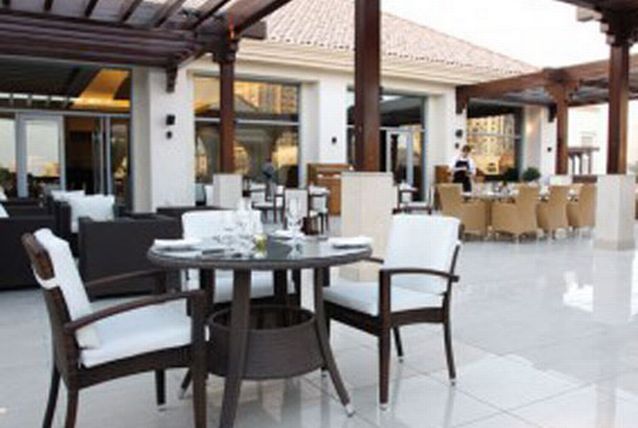Strict government controls on imports and alcohol consumption are putting roofs on the profits of F&B outlets on Doha’s Pearl development, an industry player has said.
The tight regulations surrounding meat supply, the shelf-life of imported goods and alcohol consumption means that demand is now outweighing supply and companies are having to think creatively to keep on track of targets.
Sumeet Jhingan, Foodmark country operations manager for Qatar and Kuwait, explains: “Kuwait is similar to Dubai when it comes to supply and import issues. Every item that is imported into Qatar can only be on the shelves for 12 months. In Dubai and Kuwait it’s 18 months.

| Advertisement |
“By the time the produce arrives through customs on a ship, it’s already lost three months and we only have nine months left to sell it. It’s the same for everything: our dried foods, biscotti, chocolates, truffles.
“When the shelf life is nearing we then have to run aggressive promotions to get rid of stock. We have to come up with innovative ideas.”
Jhingan also said that rising food costs and the Eurozone crisis were having a big impact on business, especially because of government controls on meat suppliers.
“I think next year will be even more challenging when it comes down to imports,” he said. “On the Pearl it’s especially a problem. You have lots of demand for high quality produce, especially meats and cheeses.
“Take duck for example. The price of a duck has gone up by QAR 25 (US $6.8) in three months. But we cannot import ducks from Asia. They have to be from Europe, so we import then from Holland and Germany.
Recently, local media have also reported a ban on alcohol on The Pearl, which Jhingan admits has affected Foodmark’s sales.









 Search our database of more than 2,700 industry companies
Search our database of more than 2,700 industry companies









